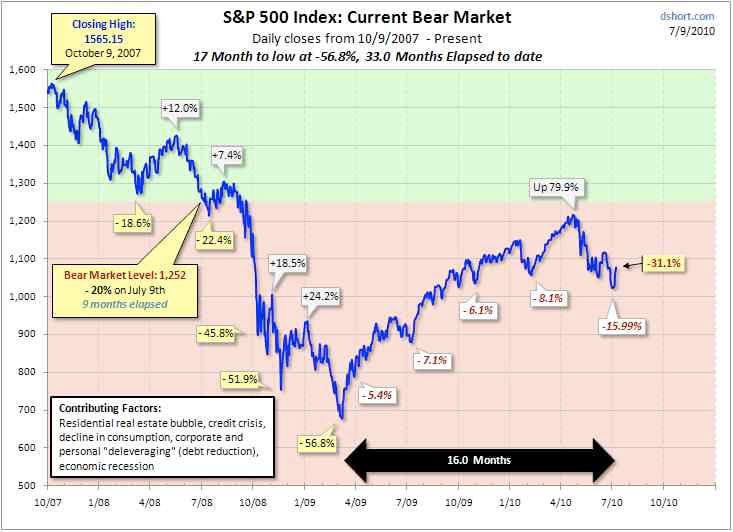Uber Sues DoorDash: Anti-Competitive Practices In Food Delivery Battle

Table of Contents
Uber's Allegations of Anti-Competitive Behavior
Uber's lawsuit against DoorDash centers on accusations of several anti-competitive practices designed to maintain DoorDash's market dominance. These actions, Uber argues, violate antitrust laws and harm both consumers and competitors. Key allegations include:
-
Predatory Pricing: Uber claims DoorDash engages in predatory pricing, offering unsustainable discounts and below-cost pricing to drive out competitors and gain market share. This tactic, Uber alleges, is not a sustainable business model and ultimately harms consumers in the long run once competitors are eliminated and prices are raised.
-
Exclusive Contracts: A central point of contention is DoorDash's alleged use of exclusive contracts with restaurants. These agreements, Uber claims, restrict restaurants from listing their menus on competing platforms like Uber Eats, effectively creating a barrier to entry for new competitors and limiting consumer choice. This limits the ability of consumers to compare prices and services, stifling competition.
-
Market Manipulation: Uber further argues that DoorDash's actions constitute market manipulation, designed to artificially inflate their market share and entrench their position as a dominant player in the food delivery market. This, they claim, distorts the natural forces of competition and undermines the principles of a free market.
The competitive landscape is stark. While precise market share figures fluctuate, both Uber Eats and DoorDash hold significant portions of the market, making this a battle for dominance with significant financial and consumer impact. The lawsuit suggests that DoorDash's aggressive tactics have allowed it to secure a considerably larger share than would be expected in a truly competitive environment.
DoorDash's Response and Counterarguments
DoorDash has vehemently denied Uber's allegations, issuing a formal statement refuting the claims of anti-competitive behavior. Their counterarguments typically center on:
-
Investment in Innovation: DoorDash emphasizes its significant investments in technology and delivery infrastructure, arguing that these advancements benefit consumers through improved service, faster delivery times, and broader menu options. They position themselves as an innovator driving improvements within the sector.
-
Consumer Benefits: DoorDash contends that its practices ultimately benefit consumers by offering competitive pricing and a wide selection of restaurants. They highlight the convenience and choice afforded to consumers through their platform.
-
Legal Strategies: DoorDash's legal strategy likely involves challenging the merit of Uber's claims, presenting evidence to demonstrate the legality and competitive nature of their business practices. They may also point to the intense competition within the market as evidence against the notion of a monopolistic environment.
The Potential Impact on the Food Delivery Landscape
The outcome of this lawsuit holds significant implications for the food delivery industry and consumers alike:
-
Consumer Prices: If DoorDash's practices are found to be anti-competitive, it could lead to increased competition, potentially resulting in lower prices for consumers and a broader selection of restaurants.
-
Competition Regulation: The case could set a crucial precedent for competition regulations in the tech industry, impacting how antitrust laws are applied to rapidly evolving digital marketplaces.
-
Future of Food Delivery: The outcome will likely shape the future development and innovation within the food delivery sector, potentially influencing how companies compete, invest, and interact with restaurants and consumers.
Regulatory Scrutiny and Antitrust Concerns
This lawsuit brings significant antitrust concerns to the forefront. Regulatory bodies, both domestically and internationally, are likely to closely monitor the proceedings.
-
Legal Precedent: The case will be scrutinized in light of previous antitrust cases involving large technology companies. Legal precedent in similar cases will heavily influence the judge's decision.
-
Government Intervention: Depending on the outcome, there's a potential for government intervention, either through regulatory changes or further investigations into the practices of other major players in the food delivery market.
Conclusion
The Uber vs. DoorDash lawsuit represents a pivotal moment in the food delivery industry. Uber's accusations of anti-competitive practices – including predatory pricing and exclusive contracts – highlight the complexities of maintaining fair competition in a rapidly growing digital marketplace. DoorDash's counterarguments emphasize innovation and consumer benefits, setting the stage for a protracted legal battle. The outcome will significantly impact consumer prices, the competitive landscape, and the future trajectory of the food delivery sector. The ongoing Uber vs. DoorDash legal battle deserves close attention; staying informed is crucial to understanding the future of your food delivery options.

Featured Posts
-
 Is This Xrps Big Moment Etf Approvals Sec Developments And Market Ripple Effects
May 08, 2025
Is This Xrps Big Moment Etf Approvals Sec Developments And Market Ripple Effects
May 08, 2025 -
 Robotaxi Technology The Key To Ubers Stock Market Recovery
May 08, 2025
Robotaxi Technology The Key To Ubers Stock Market Recovery
May 08, 2025 -
 9 4000 360
May 08, 2025
9 4000 360
May 08, 2025 -
 Barcelonas Champions League Dream Ends At The Hands Of Inter Milan
May 08, 2025
Barcelonas Champions League Dream Ends At The Hands Of Inter Milan
May 08, 2025 -
 Two Home Runs Not Enough For Trout As Angels Lose To Giants
May 08, 2025
Two Home Runs Not Enough For Trout As Angels Lose To Giants
May 08, 2025
